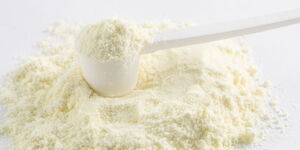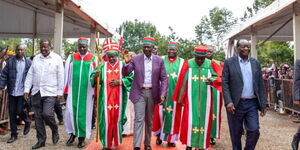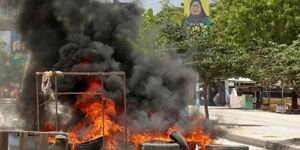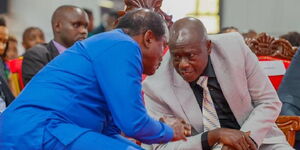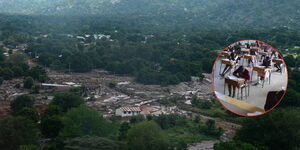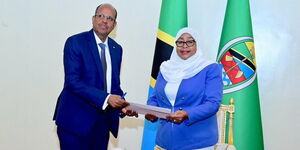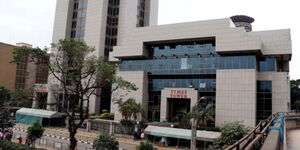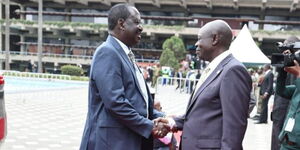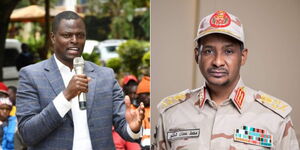Economist David Ndii on Saturday, April 11, explained in detail what President Uhuru Kenyatta needed to save Kenyans as Coronavirus (Covid-19) pandemic escalates in Kenya.
While speaking with KTN News' Mitchelle Ngele via phone call, Ndii stated that with several industries shut down and employees being laid off, the economy may shrink as growth depended on physical mobility and contact.
However as long as the virus existed, is transmitted through carriers, has no vaccine and its fatality rate is high, the best thing for people to do is avoid physical contact and mobility, which poses a huge challenge to the government.
"In economics, this is what we call massive labour supply shock. People are not able to work because we are imposing a risk-averse method or let me simply put it by calling it self preservation. (Risk-averse describes the investor who chooses the preservation of capital over the potential for a higher-than-average return).
"The economy cannot function without the two. So that's what the government does not seem to recognise. As long the disease exists, the economy will shrink and the rational thing for people to do is to avoid the disease. This is a very unusual thing. It has not happened since the black death in the middle ages," Ndii proclaimed.
One of the policies the government needed to consider was availing over Ksh 100 billion for April, May and June before the next financial year commences.
"I have estimated that within the existing budget, we should program between Ksh 100-150 billion for the remaining 3 months of the financial year 2019/2020. When the new cycle starts, then depending on the outlook, we can program more money.
"Running out looking for Ksh 2 billion from the private sector is a waste of time and effort," Ndii stated recalling how a network of influential corporate leaders united to mobilize resources aimed at containing the spread of Covid-19.
Even as the Treasury under CS Ukur Yattani announced that it would suspend development funds and channel the money to Covid-19, Ndii argued that it wasn't easy to spend money and it would require an elaborate plan to inject the funds into the economy.
"Who does it go to and what are the instruments for delivering the money. On the supply side, if people are not going to work, what does that money buy?
"The government budget has an absorption process. It has procurement issues and all manner of processes to get the money out, but you cannot work with that system," Ndii stated.
On Tuesday, March 31 he opposed city lawyer Donald Kipkorir's proposal to have the government print Ksh750 billion and inject it into the economy as part of the country's response to the Covid-19 pandemic.
In a thread on Twitter, Kipkorir had observed that countries including the United States, the United Kingdom and Peru were injecting billions of dollars into their economies through a process known as Quantitative Easing to cushion them from the shocks brought about by the pandemic. Ndii strongly opposed this idea, stating that Kipkorir's proposal was not feasible.


